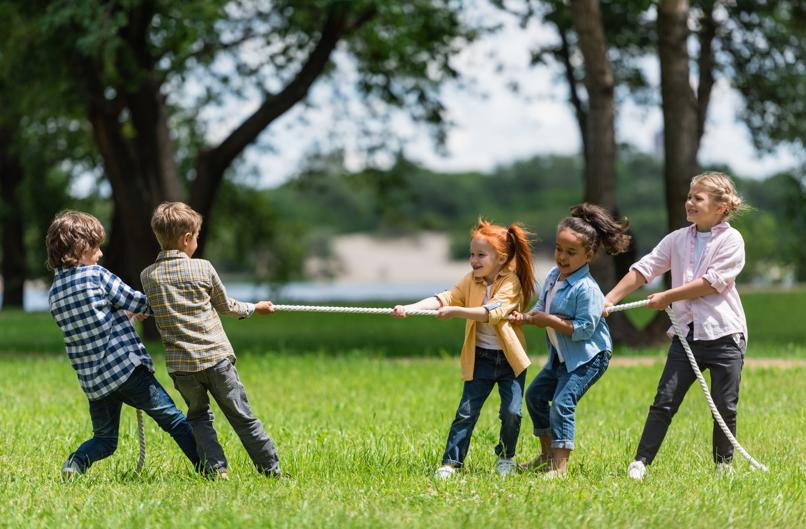
Playtime is more than just fun and games for children. It plays a crucial role in their physical, mental, and emotional development. In this article, we delve into the importance of playtime, the benefits of sports and physical activity, and practical ways to encourage active play.
Why Playtime Matters
Physical Development: Playtime encourages children to engage in physical activities, such as running, jumping, climbing, and dancing. Such physical activity develops their gross and fine motor skills, enhances coordination, and contributes to the growth of strong bones and muscles.
Cardiorespiratory Fitness: Regular playtime helps improve cardiorespiratory fitness. Active play gets the heart pumping, strengthens the lungs, and boosts overall endurance.
Mental Well-Being: Playtime provides an outlet for stress and anxiety. It allows children to express themselves, release pent-up energy, and experience joy. Additionally, physical activity stimulates the release of endorphins, promoting a positive mood.
Social Interaction: Playtime fosters social skills. Whether it’s playing tag, sharing toys, or participating in team sports, children learn cooperation, communication, and conflict resolution.
The Playground as a Health Promoter
While physical education classes are essential, playtime on the school playground also contributes significantly to children’s health. Here are some key points:
- Guidelines: Children should engage in at least 1 hour of moderate-intensity physical activity daily.
- Playtime Contribution: Studies show that playtime can contribute between 5% to 40% of recommended daily physical activity levels when no interventions are utilized.
- Gender Differences: Boys tend to be more active during playtime than girls.
Practical Strategies
- Active Play Equipment: Schools should provide a variety of play equipment, from swings to climbing structures, encouraging diverse physical activities.
- Supervision and Safety: Trained supervisors ensure safe play and guide children toward active games.
- Incorporate Movement: Teachers can incorporate movement breaks during classroom time to keep children active.
- Community Involvement: Engage parents and the community to create play-friendly spaces outside of school hours.
Conclusion
Playtime isn’t just a break from learning; it’s an essential part of a child’s overall development. By prioritizing active play, we can promote healthier, happier, and more resilient children.
Remember: Playtime matters!


